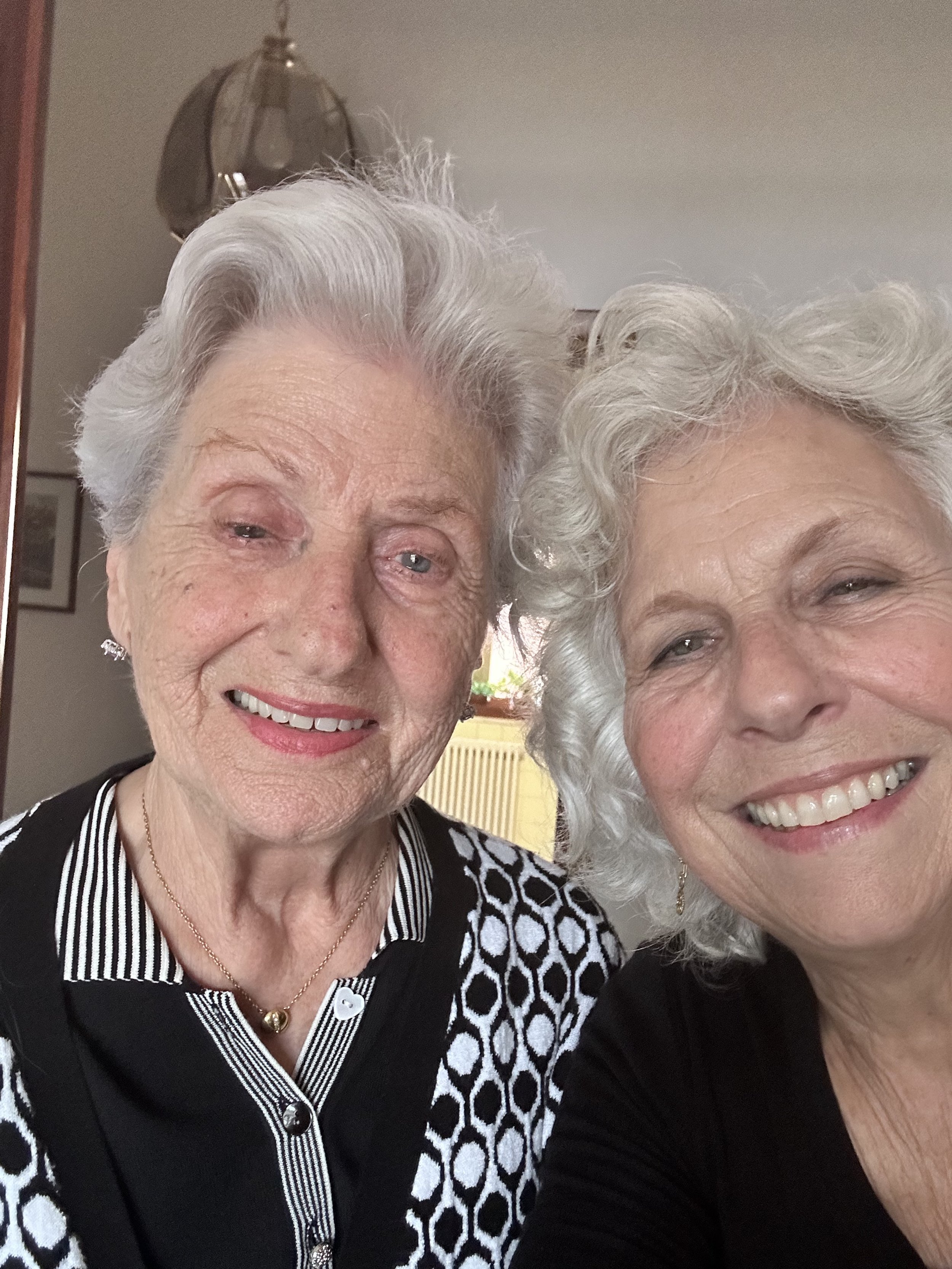Many years ago, I came across a book called “La Polvere sull’Erba” that had been censored in Italy for 50 years. So, naturally, I bought it. At the time, my Italian was not very good and I read it with a dictionary close at hand. It described in excruciating detail the horrors visited on Italian resistence fighters during WWII. It was so awful that I would not let my mother read it. But it made me curious about the people I knew. I asked Tina about it and she told me this story.
When she was a little girl of about 9 or 10, she lived with her parents and 2 older brothers in a very simple house, way up in the mountains overlooking Montecatini. The Germans occupied the whole countryside and, luckily, her brothers had already gone into hiding in the woods. Every day, she would walk to a predesignated spot to drop off food for them. The Germans were everywhere, including at their house(!) amazing in itself, considering how isolated and how far up the mountain they lived. She and her parents had to sleep with the animals in the barn. The soldiers set up munitions at the cliff overlooking the valley below. From there, they shot down enemy planes, including two American. One pilot was killed and the other escaped, only to be found later and shot by firing squad.
When the Germans left, her father told her to tell her brothers to come home. They were home a short while when, to their shock, some German soldiers appeared, seemingly out of nowhere. They had been hiding, too. And waiting. They lined up her brothers and her father along the back wall of the house. Just as Tina and her mother were about to witness their execution, a German officer appeared, had a conversation with them, and apparently, ordered them to stop. Their lives were spared at the very last minute. Goosebumps.
Tina, Sandro, Charlie and I went up to see the house. It was a long drive, very high up in the mountains, on a winding asphalt road, the last few kilometers of which turned to gravel. Tina pointed to a seemingly random place in the road, we parked the car and walked the rest of the way, maybe another kilometer on a not very obvious “path.” How the Germans ever found that house I will never know. Now it is abandoned, in ruins and overgrown with vegetation.
After the war, Tina went to live with my grandparents in Montecatini in order to go to school. She got a job, married Mario, a very nice man a little older than her. They lived in an apartment on via Boito with his mother whose name was Italia. Years after he died, she met a widower, Sandro, and went to live with him in his beautiful home. They did not get married for 2 reasons. His only daughter disapproved. And Tina would have lost her late husband’s pension if she married. For 20 years, she took very good care of Sandro and, very good care of his daughter when she almost died of a mysterious infection a few years ago.
While she was attending Sandro’s funeral, thieves broke into the house, sadly a common occurence since obituaries are posted on special kiosks, and therefore, public information. She moved out as soon as the renovations on her apartment were finished. Even though she has to climb three flights of stairs, she feels safe there.
She still babysits Sandro’s only 9 year old granddaugher who loves her to pieces and decided on her own to call her Nonna. For someone who did not have biological children, this is big.
An epilogue of sorts. In this morning’s local newspaper, there was an article about an 84 year old woman who was the last survivor of Marzabotto, a town near Bologna. When she was 4 years old, she and her mother watched her father be taken away, held for days, and then killed by the Nazis. His body was dumped in the river and never found.
